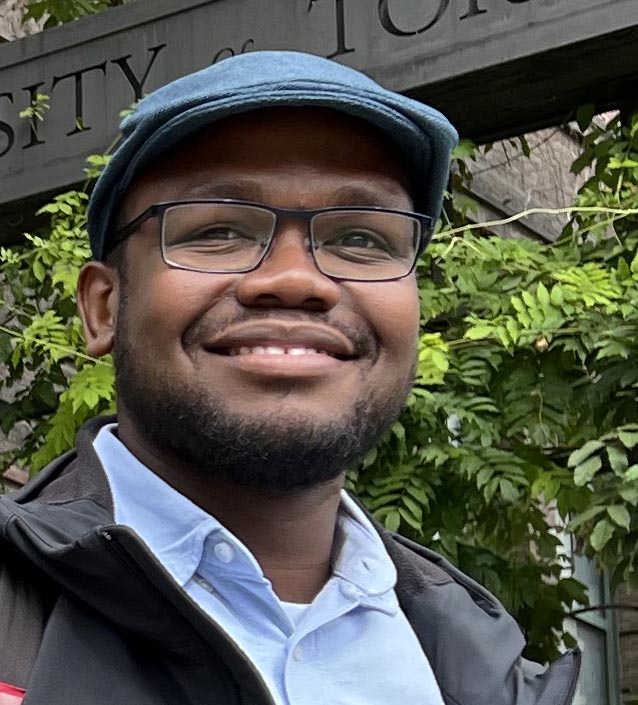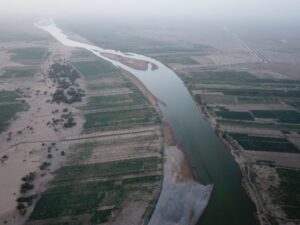
Throughout history, river basins and other coupled human-natural systems have sustained civilization by supplying essential services like water, food, and energy. However, mounting pressures from population growth, economic development, urbanization, and lifestyle changes are accelerating. Professor Mohammed Basheer is trying to create approaches and instruments to facilitate effective human interventions in river basins.
“My group works on planning and managing water resources and hydrology systems to help meet agricultural, hydropower, municipal, and industrial water demands while minimizing environmental impacts. We do this using three iterative phases: developing computer simulators for water resource and hydrology systems; connecting the simulators to Artificial Intelligence to search for the best intervention and management plans; and interacting with stakeholders for co-production, capacity building, and implementation.”
What individual projects are you currently working on?
We are working to build water resource simulation models for various regions in Canada and globally. One of our main focus areas in Canada is Ontario, where we aim to develop a large-scale simulation model for the river systems of the entire province. Globally, we have ongoing work on the Nile Basin, where we are looking to connect water resources models with economy models to capture the linkages between water scarcity, migration, conflicts, and climate change.
What companies/organizations are you working with (planning to)?
The Nile work is being conducted in collaboration with the International Food Policy Research Institute under the CGIAR NEXUS Gains Initiative. In Canada, we aim to collaborate with conservation authorities and hydropower companies.

What impact do these projects have on a larger scale? (In what way will engineering address the problems to make the world a better place?)
The demands for water resources are increasing due to population growth and socio-economic development, while the supplies of water are becoming uncertain due to climate change. Developing efficient plans for water resources and hydrology systems can help meet current and future water needs, adapt to climate change, and reduce disputes over water in water-scarce regions. The Nile Basin is a prime example of an area where efficient water resources management coupled with collaboration and political will can help overcome ongoing disputes over water.
By Galina Nikitina